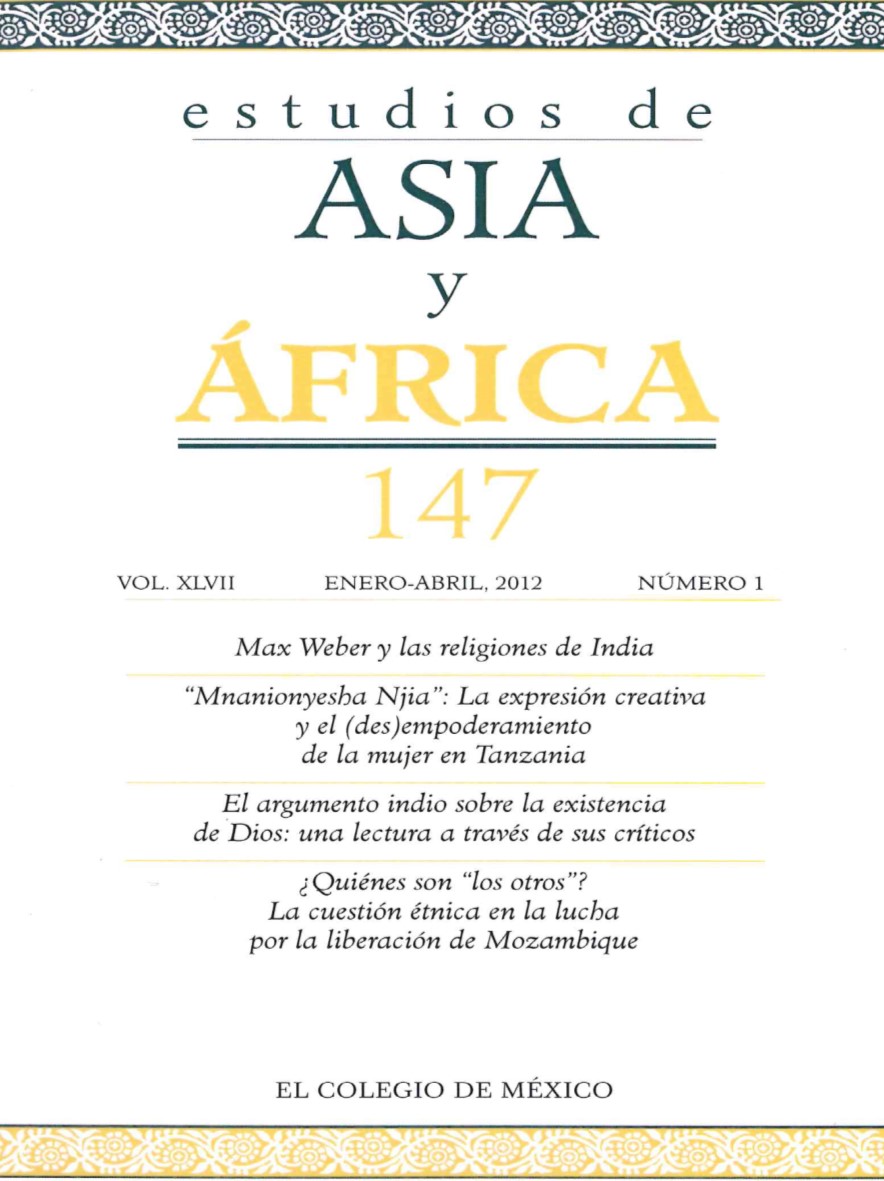Abstract
Scholarship on African verbal art frequently exhibits a polarizing bias toward certain types of artistic expression. However, popular songs, widely distributed, consumed and discussed in their respective countries of origin, are accessible to Africans themselves in ways that literary and traditional verbal art are not. They likewise interact with literary forms in important ways. The song “Mnanionyesha Njia ya Kwetu” by Orchestra DDC Mlimani Park provides compelling evidence of the linkages between these forms of expression when compared with the novel The Parched Earth by Elieshi Lema. The use of narrative elements illuminate the techniques which invigorate both song and novel. The fact that the thematic content of the texts overlaps is further corroboration and substantiates the project of employing popular songs as analytic tools when examining verbal art from Tanzania and throughout the East African region.
This work is licensed under a Creative Commons Attribution-NonCommercial-NoDerivatives 4.0 International License
Copyright 2022 Estudios de Asia y África


